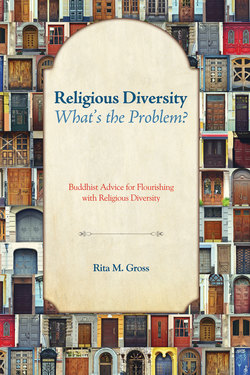Описание книги
Once upon a time, on grounds of both religion and common sense, people assumed that the earth was flat and that the sun literally rose and set each day. When newly developing knowledge made those beliefs untenable, giving them up was difficult.
Today the belief that only one of the world's various religions is true for all people on earth is equivalent to the belief in a flat earth. Both notions have become untenable, given contemporary knowledge about religion.
Even though many people are still troubled by the existence of religious diversity today, that diversity is a fact of life. Religious diversity should be no more troubling to religious people than the fact that the earth is round and circles the sun.
This provocative book, based on the author's longtime practice of Buddhism and comparative study of religion, provides tools with which one can truly appreciate religious diversity as a gift and resource rather than as a deficiency or a problem to be overcome. After we accept diversity as inevitable and become comfortable with it, diversity always enriches life–both nature and culture.
Today the belief that only one of the world's various religions is true for all people on earth is equivalent to the belief in a flat earth. Both notions have become untenable, given contemporary knowledge about religion.
Even though many people are still troubled by the existence of religious diversity today, that diversity is a fact of life. Religious diversity should be no more troubling to religious people than the fact that the earth is round and circles the sun.
This provocative book, based on the author's longtime practice of Buddhism and comparative study of religion, provides tools with which one can truly appreciate religious diversity as a gift and resource rather than as a deficiency or a problem to be overcome. After we accept diversity as inevitable and become comfortable with it, diversity always enriches life–both nature and culture.
